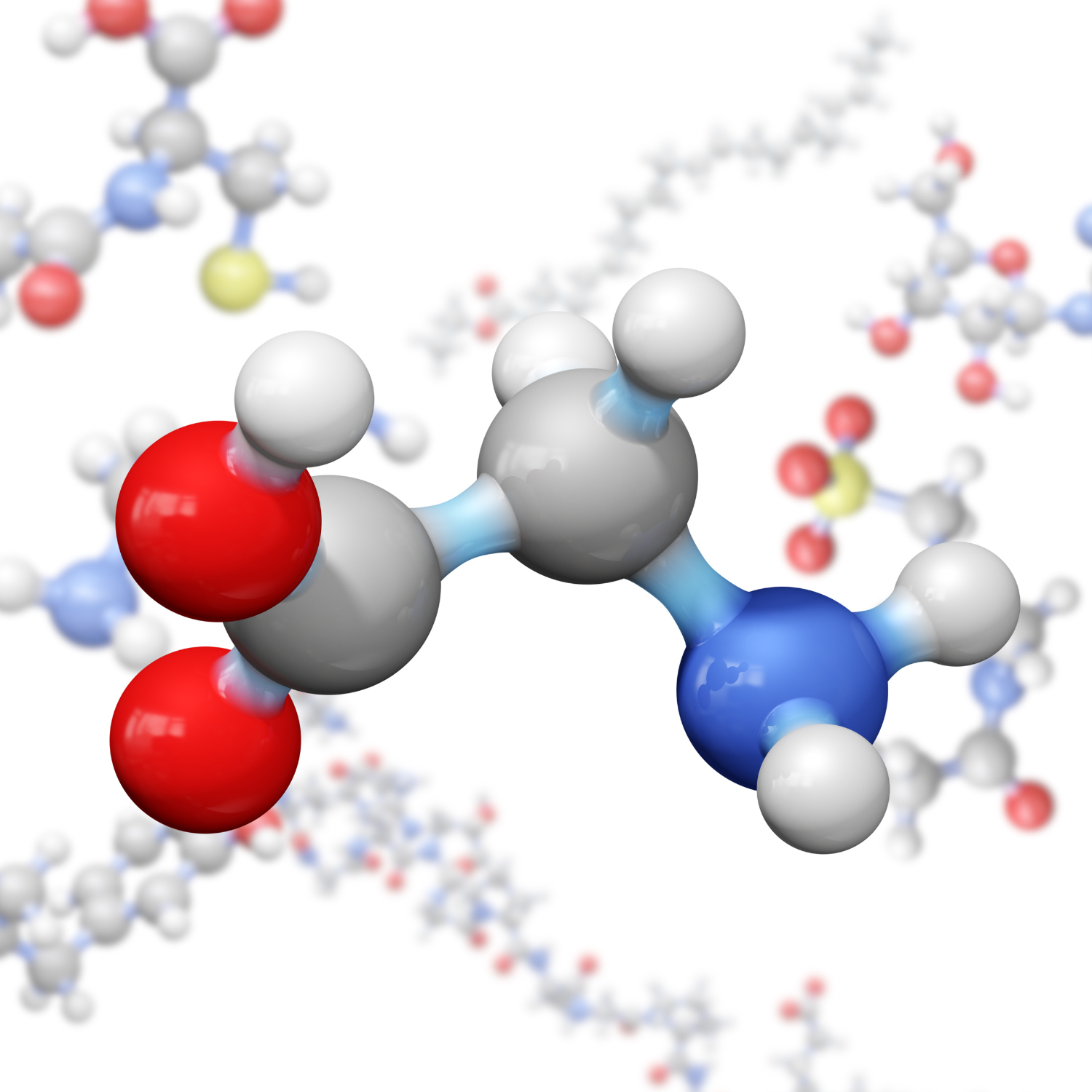The most important amino acids for horses: Important building blocks for muscles, health and performance
Amino acids play an essential role in horse feeding and are crucial for muscle building, regeneration and the general health of your horse. The essential amino acids lysine, methionine and threonine are particularly indispensable for the horse's body.
But why are amino acids so important and how can you ensure that your horse is optimally supplied? In this article you will learn everything about the correct use, the requirements and the best feed sources.

Why are amino acids so important for horses?
Amino acids are the building blocks of proteins and are therefore essential for building and maintaining muscle mass, skin, fur, hooves and connective tissue. They also support metabolism, the immune system and many other physical processes. Sport horses, foals, mares or horses with health challenges such as EMS (equine metabolic syndrome) in particular have an increased need for high-quality proteins and amino acids.
In addition, a sufficient supply of amino acids helps to stabilize blood sugar levels and promotes regeneration after exercise.
Essential amino acids: lysine, methionine and threonine
Horses can produce some amino acids themselves, but the essential amino acids must be obtained from food. The three most important are:
lysine
Lysine is one of the most important amino acids for horses, as it is largely responsible for muscle building and regeneration after exercise. It plays a central role in the formation of proteins and is an essential component of connective tissue.
In addition, lysine supports the immune system and contributes to the production of hormones and enzymes. A sufficient supply of lysine is particularly important during growth phases, during pregnancy or in intensively trained horses to prevent deficiency symptoms and muscle loss.
In addition, lysine is essential for calcium absorption, which has a positive effect on bone health.
methionine
Methionine is particularly important for the formation of keratin, the main component of fur, skin and hooves. Horses with brittle hooves or dull fur particularly benefit from an increased methionine intake.
Methionine also supports the body's detoxification processes by relieving the liver of the burden of excreting harmful substances. Methionine is also essential for the formation of muscles, as it promotes the development and maintenance of muscle mass. Since horses cannot synthesize methionine themselves, this amino acid must be ingested through food.
High-quality supplementary feed often contains L-methionine, a highly bioavailable form that allows for rapid absorption in the body. In addition, many of these supplements are anti-doping tested, so they can be used for competition horses without any concerns.
threonine
Threonine is essential for the metabolism and muscle development of horses. It plays an important role in protein utilization and ensures that ingested proteins are used efficiently.
In addition, threonine supports the mucous membranes in the gastrointestinal tract, which is particularly beneficial for horses with sensitive digestive systems. It contributes to the formation of immunoglobulins, which are necessary for a strong immune system. Threonine is also very important for building and maintaining strong bones.
L-threonine is a readily digestible form of this amino acid and is used in high-quality feed supplements to ensure optimal supply.
Recognizing Amino Acid Deficiency: Symptoms and Consequences
A lack of essential amino acids can manifest itself in many different ways and can lead to long-term health problems. Since amino acids are of great importance for the entire organism, deficiencies can have a negative impact on various body systems. Muscles, skin, fur, hooves, the immune system and metabolism are particularly affected.
Typical symptoms of an amino acid deficiency are:
-
Muscle loss despite sufficient energy intake: Your horse is losing muscle mass even though it is getting enough food. This is particularly visible in the croup, back and shoulder area.
-
Weak muscle development and reduced performance: Your horse has difficulty building muscle, appears weak and shows a reduced willingness to perform.
-
Brittle hooves and poor hoof growth: Since amino acids such as methionine are involved in the development of stable hoof structures, a deficiency can lead to cracked, brittle or slow-growing hooves.
-
Dull, matte coat and skin problems: A dull, brittle coat and dry, flaky skin can be signs of an amino acid deficiency.
-
Weakening of the immune system, increased susceptibility to infections: Amino acids are involved in the formation of immunoglobulins. A deficiency can lead to your horse becoming ill more often and infections healing more slowly.
-
Reduced ability to regenerate after physical exertion: Your horse needs an unusually long time to recover after intensive work or competition.
-
Changed behavior: Some horses appear listless, tired or show increased irritability.
A long-term lack of essential amino acids can have serious consequences. Muscles gradually break down, leading to a loss of performance and an increased risk of injury. Skin and coat lose their protective function, and bone health can also be affected. In addition, a disrupted protein supply can throw the horse's entire metabolism out of balance.
If you notice one or more of these symptoms in your horse, it is advisable to check the feeding and, if necessary, integrate high-quality amino acid supplements into the diet plan. A targeted supply can help to compensate for deficiencies and sustainably improve your horse's well-being.
Take a look at our online shop! Our muscle power powder for healthy muscles and long-term muscle building in your horse is filled with essential amino acids!
How do you optimally supply your horse with amino acids?
Since hay alone is often not enough to cover the need for amino acids, targeted feeding with protein-rich feed and high-quality supplementary feed is advisable. Here are some proven sources:
-
High-quality protein food: Soy, alfalfa, linseed and pea protein provide many essential amino acids and help maintain muscles.
-
Amino acid supplements: Contains L-lysine, L-methionine and L-threonine, which support the organism in muscle building and regeneration.
-
Grain-free food without added sugar: Ideal for horses with metabolic problems (e.g. EMS) as it keeps blood sugar levels stable and does not cause unnecessary energy peaks.
-
Minerals and calcium: Support the organism and bone development. A sufficient calcium intake is essential, especially for young horses and mares during pregnancy.
-
Targeted protein sources in feeding: In addition to amino acids, high-quality proteins provide other important components for muscle building and general health.
Dosage and application: What amount is appropriate for your horse?
The optimal amount of amino acids depends on various factors, including the weight, performance and health of your horse. An example for sport horses:
-
Lysine: 10-50 g per day
-
Methionine: 5-20 g per day
-
Threonine: 5-15 g per day
The exact amount of essential amino acids should be individually tailored, ideally in collaboration with a veterinarian or feeding expert. The manufacturer of supplementary feed can also give specific recommendations on use and dosage.
Conclusion: Amino acids as the key to optimal horse feeding
Amino acids are essential for the health, muscle development and well-being of your horse. Lysine, methionine and threonine in particular play a crucial role in protein supply and support numerous processes in the horse's body.
By feeding your horse according to its needs with high-quality proteins and targeted supplementary feed, you can prevent deficiencies and provide your horse with optimal support.














